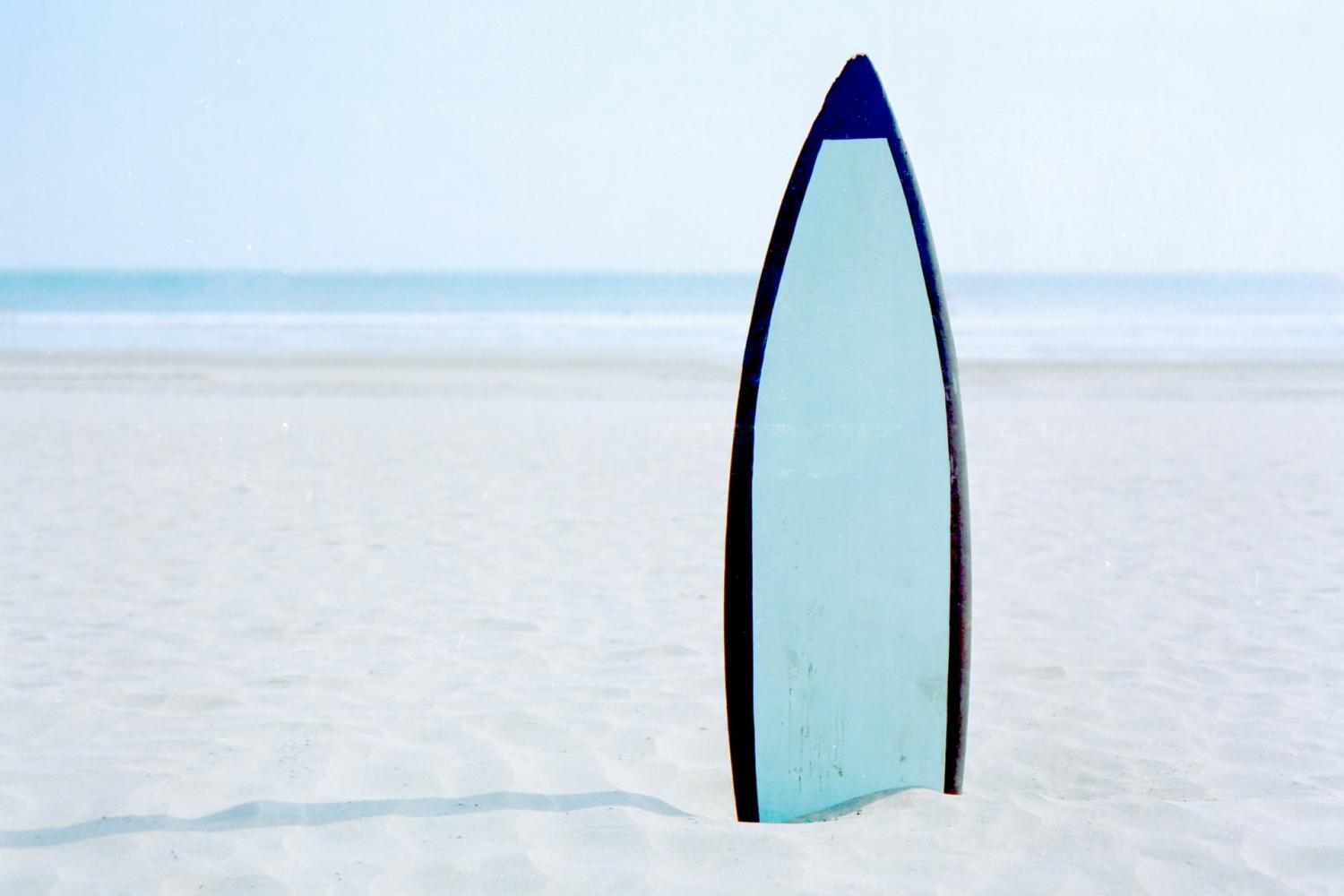
Double Six Beach in Seminyak, Bali, Indonesia
The civil rights movement lost two icons this week, Nichelle Nichols and Bill Russell. Nichols’ role as Uhura on the original 1960s iteration of Star Trek helped open doors for Black women in the entertainment industry. Later, she became an ambassador for NASA encouraging women of color to pursue their career dreams in STEM (science, technology, engineering and math).
Russell, of course, was a transformative figure in sports, as he changed basketball from what had been a rigid, tactical game played by shorter and faster players to what is now a breathtakingly fast-paced 48 minutes during which some of the globe's tallest, most talented athletes play. More importantly, he helped integrate what for years had been a sport for white guys.
Nichols and Russell leave behind some big shoes to fill. Yet change-makers out there continue to break barriers, paving the way for young people of color to dismiss stereotypes and pursue their dreams. One of them is Rhonda Harper, the founder of Black Girls Surf.
Rhonda Harper is opening more doors for Black girls and women
Harper, a Coast Guard veteran who has also worn many hats including as a journalist and carpenter, founded Black Girls Surf almost a decade ago after experiencing firsthand the lack of diversity in professional surfing. Her love for surfing started to take shape soon after her family moved from Kansas to northern California. There, she could pursue her love for the water — in Kansas, she could only dream of such experiences from reading magazines.
Competitive swimming wasn’t an option for Harper, however, due to a racist swim coach at her high school. But surfing intrigued her for being an individual rather than a team sport, and a passion was born.
Editor's note: Be sure to subscribe to our Brands Taking Stands newsletter, which comes out every Wednesday.
As she told Sports Illustrated this week, she had to forge her way in a very white sport focused on very “white” concerns. When George Floyd was murdered two summers ago, Harper responded with organizing a global “paddle-out” to protest how Black people have continued to be treated in the U.S and abroad. Many of the participants were Black surfers who had felt threatened at beaches for participating in the sport they love.
“The surfing industry was so locked into environmental justice that they didn’t realize it goes hand in hand with social justice," Harper told Sports Illustrated contributor Bryna Jean-Marie. "We know that because there’s landfills in Black and brown communities. This is not just about the ocean. It’s about the environment and its totality. I was watching my white counterparts talk about whales being killed. And on the other side, all my Black friends were crying because Black people are being killed.”
A career of many firsts, going beyond surfing
Harper’s commitment to diversifying the world of surfing has led her to many firsts. She’s the first Black judge certified for professional surfing events; she founded an apparel line focused on Black women surfers; she has filmed, funded and mentored female Senegalese surfers, including Khadjou Sambe, who is now training for the Olympics; and of course, there's her ongoing work at Black Girls Surf.
Black Girls Surf’s programs include surf camps for Black women and girls, semi-private surf lessons, and even surf therapy.
It’s a tall order to carry on the work of the likes of Nichols and Harper, but if anyone can charge ahead in breaking down barriers, Harper is on the short list.
Black Americans still feel excluded from public spaces
She certainly stands her ground, as she has no choice: Like many Black people in America, she’s been made to feel unwelcome in public spaces. In a profile done in 2020 by the Surfrider Foundation, she recalled an experience she had in Santa Cruz, California, a town so progressive that liberals are seen as right-wingers: “I’m standing in the middle of the street at Pleasure Point yelling at this grown grandpa about the beach which is free and a public entity. Why am I arguing with you about territory on the beach when it’s public property? That’s where we are where grown men have decided to intimidate people who look different than them for no reason at all.”
Watch surfing to become more diverse worldwide thanks to Harper’s work. Black Girls Surf first started with two girls. When the organization expanded to South Africa, it had to halt applications because the number of girls and women interested in the sport was overwhelming. That enthusiasm keeps paying off. Now, Harper is joined by other Black women who want it known that the oceans and beaches belong to everyone.
Image credit: Roman Raizen via Unsplash

Leon Kaye has written for 3p since 2010 and become executive editor in 2018. His previous work includes writing for the Guardian as well as other online and print publications. In addition, he's worked in sales executive roles within technology and financial research companies, as well as for a public relations firm, for which he consulted with one of the globe’s leading sustainability initiatives. Currently living in Central California, he’s traveled to 70-plus countries and has lived and worked in South Korea, the United Arab Emirates and Uruguay.
Leon’s an alum of Fresno State, the University of Maryland, Baltimore County and the University of Southern California's Marshall Business School. He enjoys traveling abroad as well as exploring California’s Central Coast and the Sierra Nevadas.














